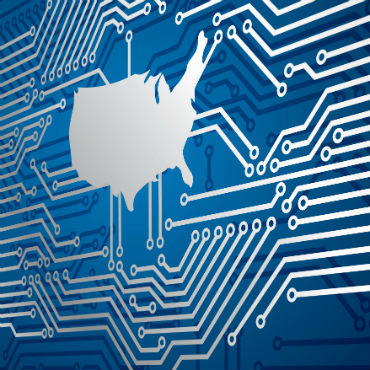Can Trump mend fences with Silicon Valley?
The government needs to make nice with the commercial technology community over lingering mistrust stemming from revelations of surveillance and faulty encryption standards, according to a new report.

WHAT: “Rebuilding Trust Between Silicon Valley and Washington” from the Council on Foreign Relations
WHY: President Donald Trump inherits a damaged relationship between the federal government and Silicon Valley, according to the report’s author, Adam Segal, the Ira A. Lipman chair in emerging technologies and national security and director of the Digital and Cyberspace Policy program at the Council of Foreign Relations.
Segal argues that the Trump administration faces a number of linked challenges: improving the federal government's cybersecurity posture; reviving the global trust in U.S.-based tech vendors and curbing the trend toward data localization; finding a compromise in the current battles over commercially available strong encryption and blocking the attempts of state-sponsored hackers to infiltrate U.S. government and commercial systems.
Many of the people and institutions with the skills and experience to address these challenges, Segal notes, feel burned by the revelations of Edward Snowden about the extent of intelligence community surveillance of commercial networks, the approval of compromised cryptographic algorithms by trusted government institutions and the ongoing battles over law enforcement backdoors to encrypted communications.
Segal advocates continued administration support for the U.S. Digital Service and more forceful attribution of cyber breaches to foreign actors among other measures. He also wants to see hacking by U.S. law enforcement against approved targets be put on sounder legal footing.
VERBATIM: "Congress is considering legislation that would extend the operations of USDS until at least 2026. The Trump administration should also create a time-limited fellowship program specifically focused on cybersecurity, modeled on the Epidemic Intelligence Service (EIS) at the Center for Disease Control and Prevention (CDC), a two-year training program focused on fieldwork. Fellows in a cyber intelligence service would serve for three years and be deployed to areas of the federal government where breaches have occurred and be tasked to fix and implement corrective measures to prevent future breaches. The specialized service would develop important in-house expertise and esprit de corps that could help with recruitment and, even more important, retention of talent within the government."






